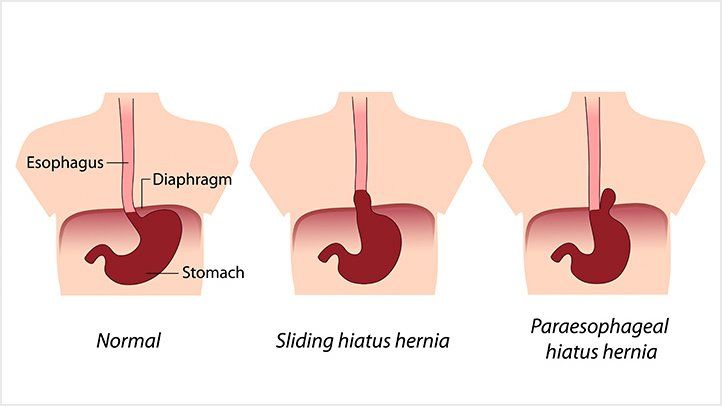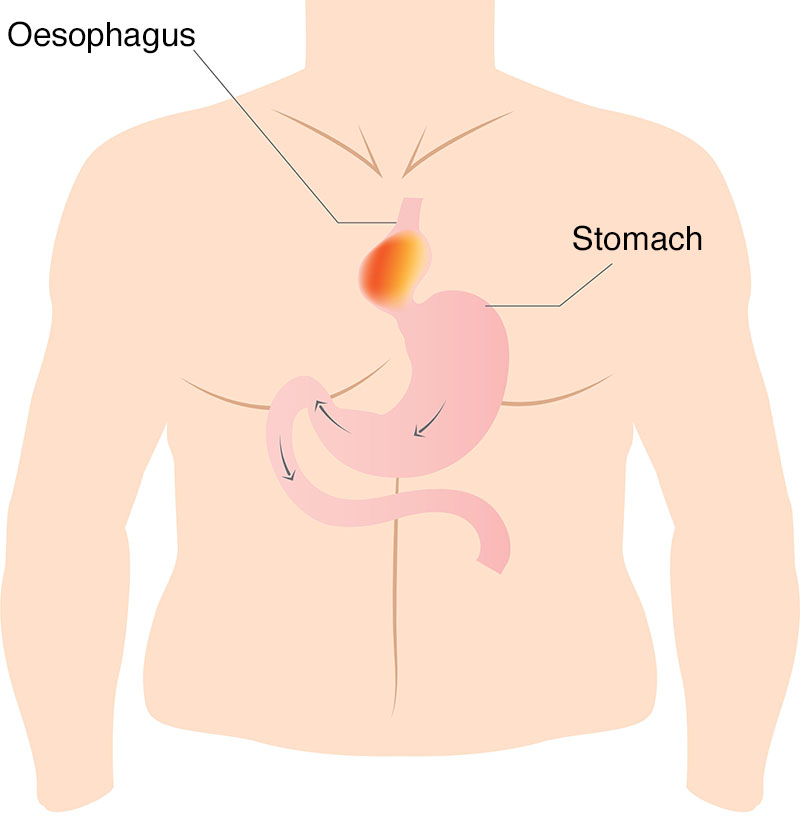Can A Hernia Lead To Nausea And Vomiting?
Gastroparesis Signs \U0026 Symptoms (Ex. Nausea, Abdominal Pain, Weight Loss)
Keywords searched by users: Can a hernia cause nausea and vomiting can a hernia cause nausea after eating, can a hernia cause diarrhea and vomiting, abdominal hernia symptoms female, can a hernia make you feel sick, when to worry about hernia pain, hiatal hernia weird symptoms, can a hernia cause gas and bloating, can a hiatal hernia cause shortness of breath when walking
What Are The Signs Of A Serious Hernia?
Question: What are the signs of a serious hernia?
Answer: Recognizing the signs of a serious hernia is crucial for timely medical attention. When a hernia becomes an emergency, several symptoms should not be ignored. These include:
-
Persistent and Unrelenting Pain: One of the primary indicators of a serious hernia is an excruciating and unrelenting pain at the site of the hernia. This pain often persists even when you lay down and rest, making it a concerning symptom.
-
Worsening Discomfort: If the discomfort associated with your hernia is progressively getting worse, it’s a significant red flag. The intensification of pain is a clear indication that immediate medical evaluation is necessary.
-
Nausea and Vomiting: Experiencing nausea and vomiting in conjunction with a hernia is a serious warning sign. These symptoms suggest that the hernia may be causing an obstruction or compromising blood flow, which can be a medical emergency.
-
Difficulty with Bowel Movements: Another concerning sign is having difficulty passing stools. A hernia can obstruct the normal passage of stool through the intestines, leading to constipation or even complete bowel obstruction.
-
Abdominal Bloating: Hernias can sometimes cause abdominal bloating, which occurs when the herniated tissue puts pressure on the digestive tract. This can lead to a distended and uncomfortable abdomen.
-
Increased Heart Rate: A racing heart rate, or palpitations, can be a response to the stress and pain associated with a serious hernia. It can also be an indication that the body is struggling to compensate for reduced blood flow.
-
Fever: A fever accompanying a hernia is a cause for immediate concern. It can be a sign of infection or inflammation at the hernia site, which requires prompt medical intervention.
In summary,
What Are 3 Signs You Might Have A Hernia?
What are three common indicators that you may be experiencing a hernia? These symptoms can help you recognize a potential hernia:
-
Groin or Abdominal Heaviness: If you feel an unusual sensation of heaviness in your groin or abdomen, it could be a sign of a hernia. This might manifest as a bulging or fullness in the affected area.
-
Pain or Discomfort During Bowel Movements or Urination: Experiencing pain or discomfort while having a bowel movement or urinating is another potential sign of a hernia. This discomfort can be localized to the affected area.
-
End-of-Day Pain or Discomfort, Especially After Prolonged Standing: If you notice increasing pain or discomfort toward the end of the day, especially after extended periods of standing, it may be indicative of a hernia. This discomfort may worsen with physical activity or prolonged standing.
It’s essential to note that in severe cases, additional symptoms such as fever, vomiting, nausea, and severe cramping may arise, which could be alarming signs of a strangulated hernia. If you experience any of these severe symptoms, seek immediate medical attention. (Note: The date provided, February 24, 2023, is unrelated to the topic and has been removed for clarity.)
What Helps With Hernia Nausea?
How can you alleviate nausea associated with hernias? One effective option is antacids. These medications, available in both liquid and tablet forms, can be either swallowed or chewed to provide relief. Antacids work by neutralizing stomach acid when they reach the esophagus and stomach, thus reducing acidity levels. This can be particularly beneficial for individuals dealing with hiatus hernias. (Published on May 29, 2023)
Summary 31 Can a hernia cause nausea and vomiting




Categories: Discover 16 Can A Hernia Cause Nausea And Vomiting
See more here: maucongbietthu.com

In some cases, the lump may disappear when you lie down, and then reappear or enlarge when you put pressure on your abdomen, such as when you stand, or lift or push something heavy. When tissue inside the hernia becomes stuck or trapped in abdominal muscle, it can cause pain, nausea, vomiting and constipation.Heaviness in the groin or abdomen. Pain or discomfort during a bowel movement or urination. Pain or discomfort toward the end of the day, particularly if you were standing a lot. Fever, vomiting, nausea and severe cramping, which could be signs of a strangulated hernia.Antacids. Antacid medicines can relieve some of the symptoms of hiatus hernia. They come in liquid or tablet form and can be swallowed or chewed. They help to neutralise stomach acid when they reach the oesophagus and stomach by making it less acidic.
- A painful bulge that doesn’t reduce in size when you lay down and rest.
- Worsening pain.
- Nausea and/or vomiting.
- Difficulty having a bowel movement.
- Bloating.
- Racing heart rate.
- Fever.
- Heartburn.
- Regurgitation of food or liquids into the mouth.
- Backflow of stomach acid into the esophagus (acid reflux)
- Difficulty swallowing.
- Chest or abdominal pain.
- Feeling full soon after you eat.
- Shortness of breath.
Learn more about the topic Can a hernia cause nausea and vomiting.
- Ventral Hernia Signs and Symptoms – UCSF Health
- How to Tell If You Have a Hernia | Johns Hopkins Medicine
- Know the Signs of a Hernia – Geisinger
- Hiatus hernia – Illnesses & conditions – NHS inform
- Hiatal hernia – Symptoms and causes – Mayo Clinic
- Watch out! Do not leave hernias untreated. | Bangkok Hospital